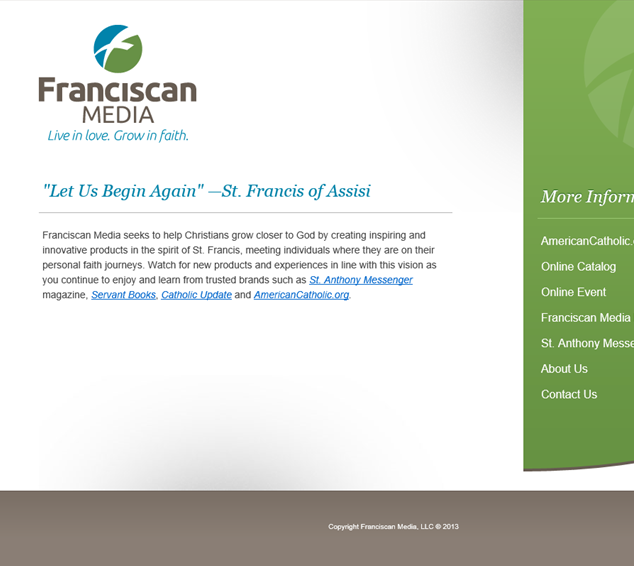[Repost from older blog. Original posting date: Jan. 12, 2012] I was recently discussing brand focus and positioning with a client. One of the most interesting recent examples of brand positioning was the 2008 Beijing Olympic Games verus the upcoming 2012 London Summer Games. If you remember, the media made a big deal about the Beijing Games being China’s “coming out party.” With the Chinese Olympic Committee’s display of modern hosting facilities, the lavish opening ceremonies (costing more than the GNP of most small countries), and the Chinese government’s overall nothing-too-small/nothing-unscripted approach, it was if the Games were a show to world that China is on-the-scene and can now play with the big boys.
But friends in high places in Asian politics have assured me that the whole Big Show was not put on primarily for the world’s benefit: it was for its own Chinese people. The message of the Chinese government was: Look what we can do. See how capable we are? Now, can you please be happy with us?
Whether or not you agree with that debatable point, the Chinese Olympic Committee certainly succeeded in throwing a successful and entertaining Games. But what’s most interesting to me as a branding consultant was the response by Great Britain following the opening ceremonies.
I love and admire China’s rich culture and its warm-hearted people (some of whom count as good friends from in my travels in Asia), and I appreciated their Beijing Games. My point, however, is that I can imagine similar situations occurring in the business world with two companies locking horns and how one might take a comparable strategic approach. Company A is faced with competition levied from Company B’s heftier budgets, flashy talk, and glitzy marketing. Yet when Company A has the attention of the marketplace, the organization can make the issue of competing in Company B’s flashy style much less relevant by throwing into the ring the weight of a strongly built brand on Company A’s part (e.g. in our Olympis Games scenario, that would be British trustworthiness, credibility, understanding of needs, a sense of proportion, etc.). The approach makes a subtle-to-strong reminder to consumers of a time when they bought that product over there with the flashy advertising and pretty packaging… but the product inside didn’t do what they paid for. We’ve all had this happen to us—and we distrust that brand name now. Company A can claim this advantage over Company B (e.g. in our Olympics Games scenario, the moral high road and sense of propriety), *if* they have built up brand equity for those corresponding values.
How the London 2012 Summer Games play out remains to be seen. For now, I find the contrast between the two countries’ Olympic approaches and the international discourse surrounding them an interesting example of how brand image can frame or change a conversation.
For help with branding and framming the conversation in your market, see HeLT’s Branding & Positioning services.









